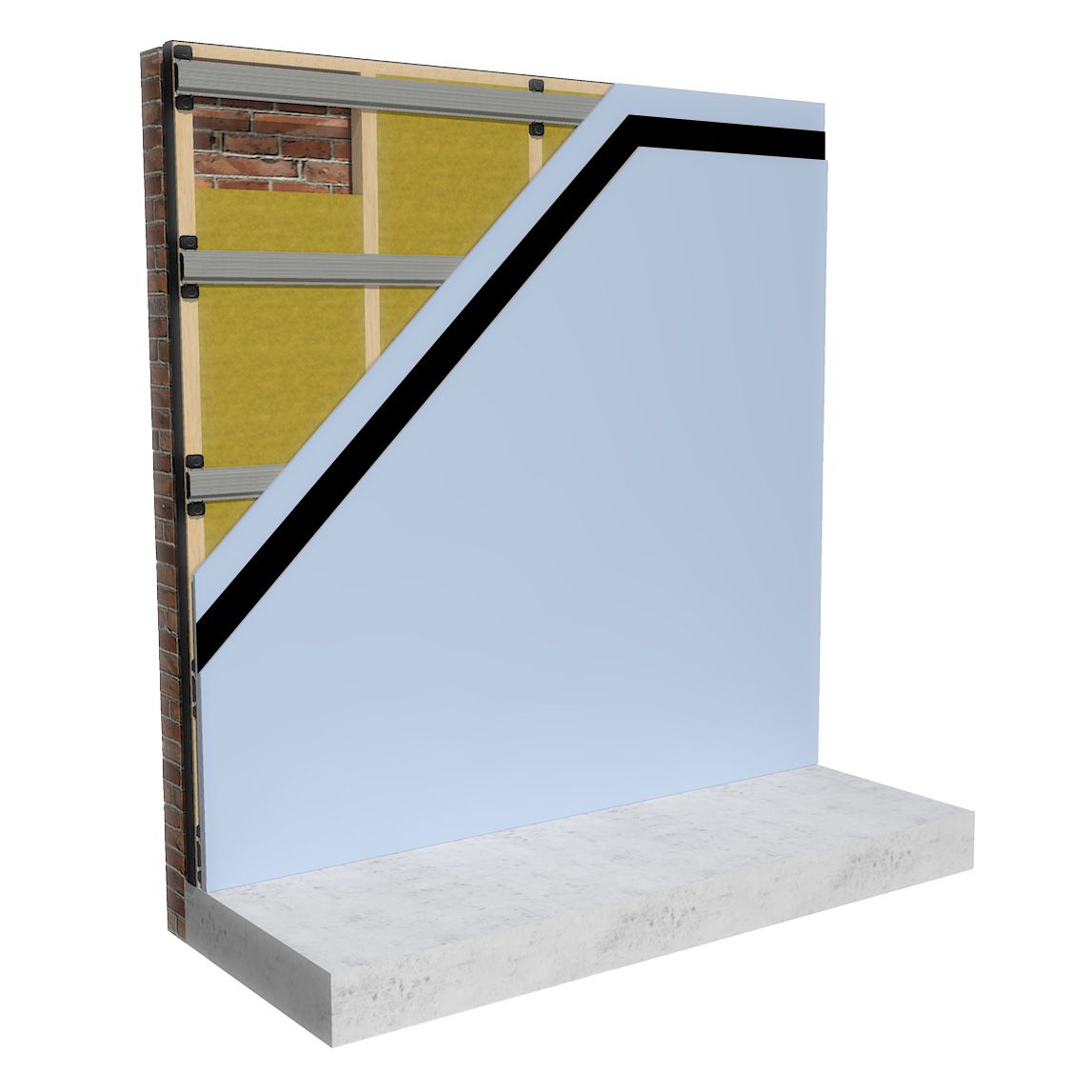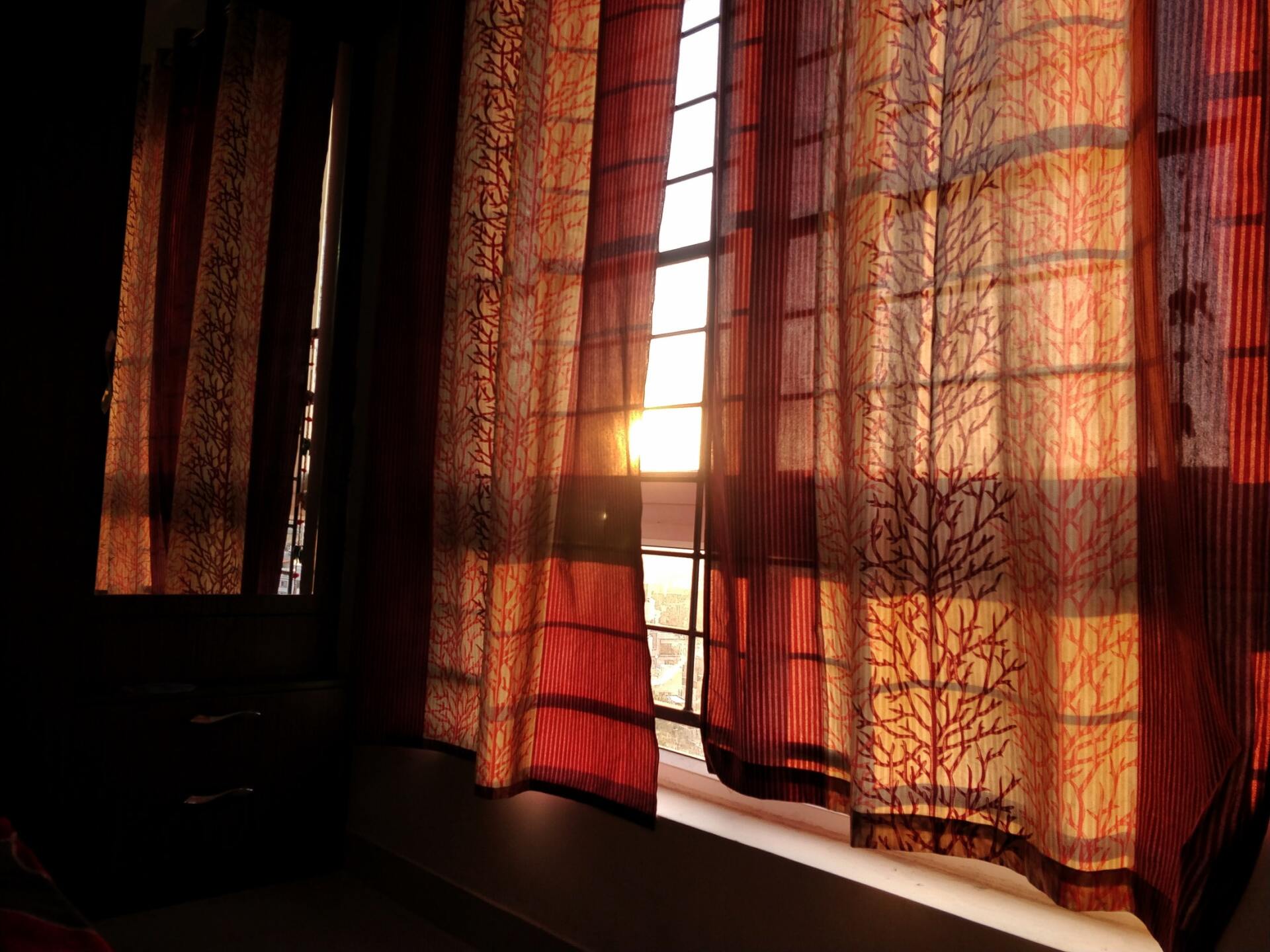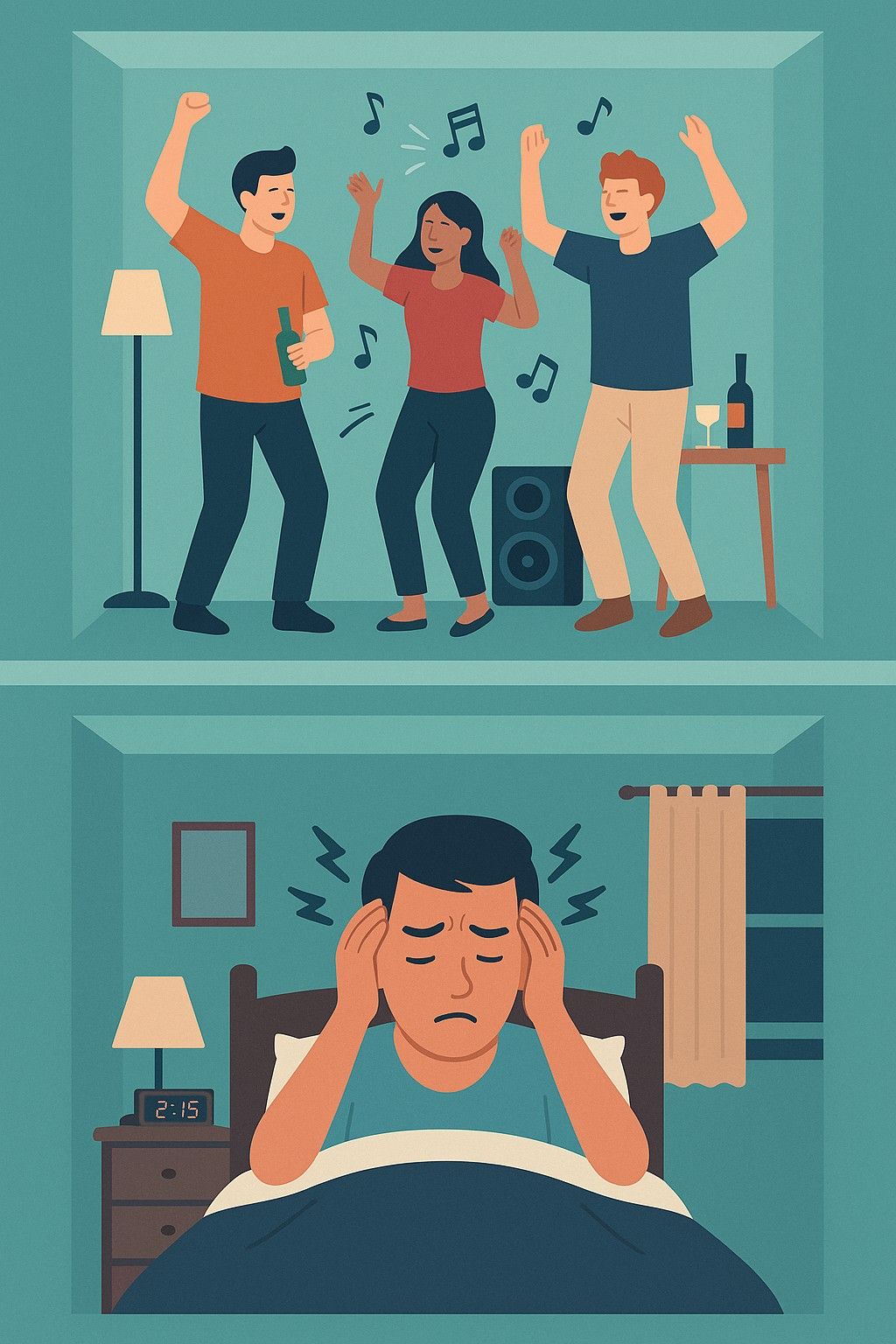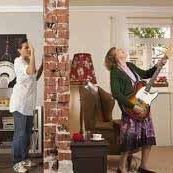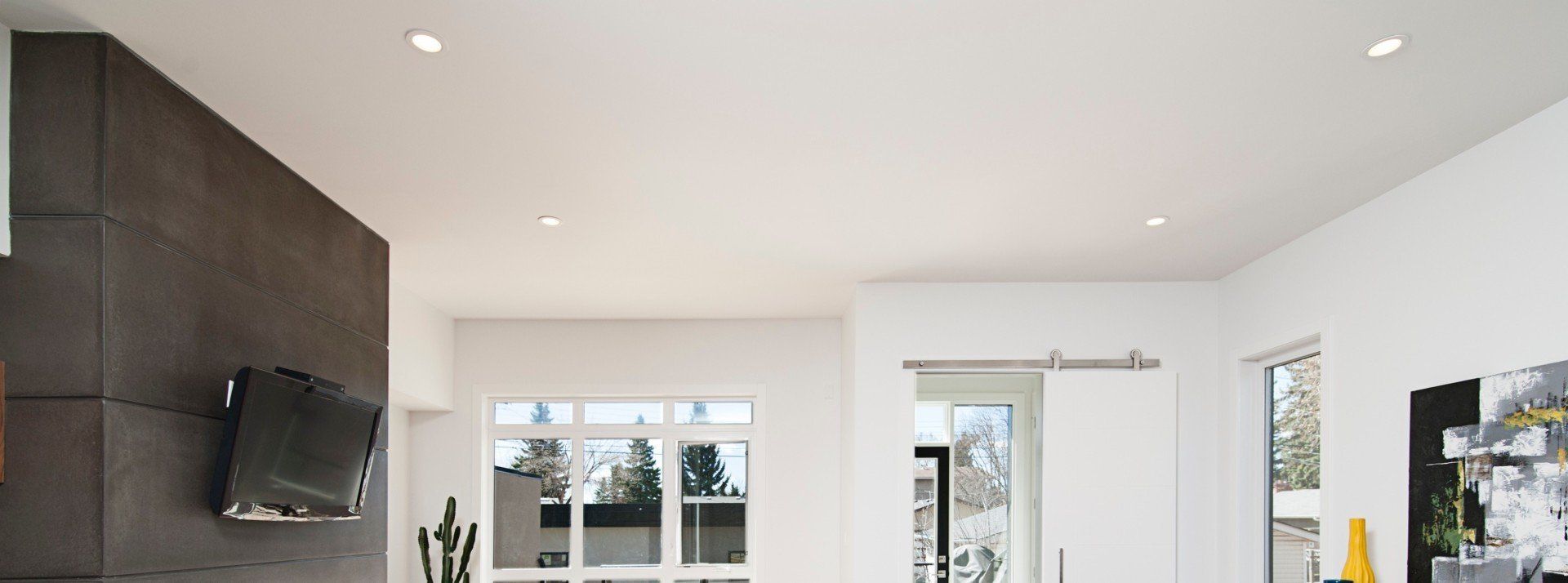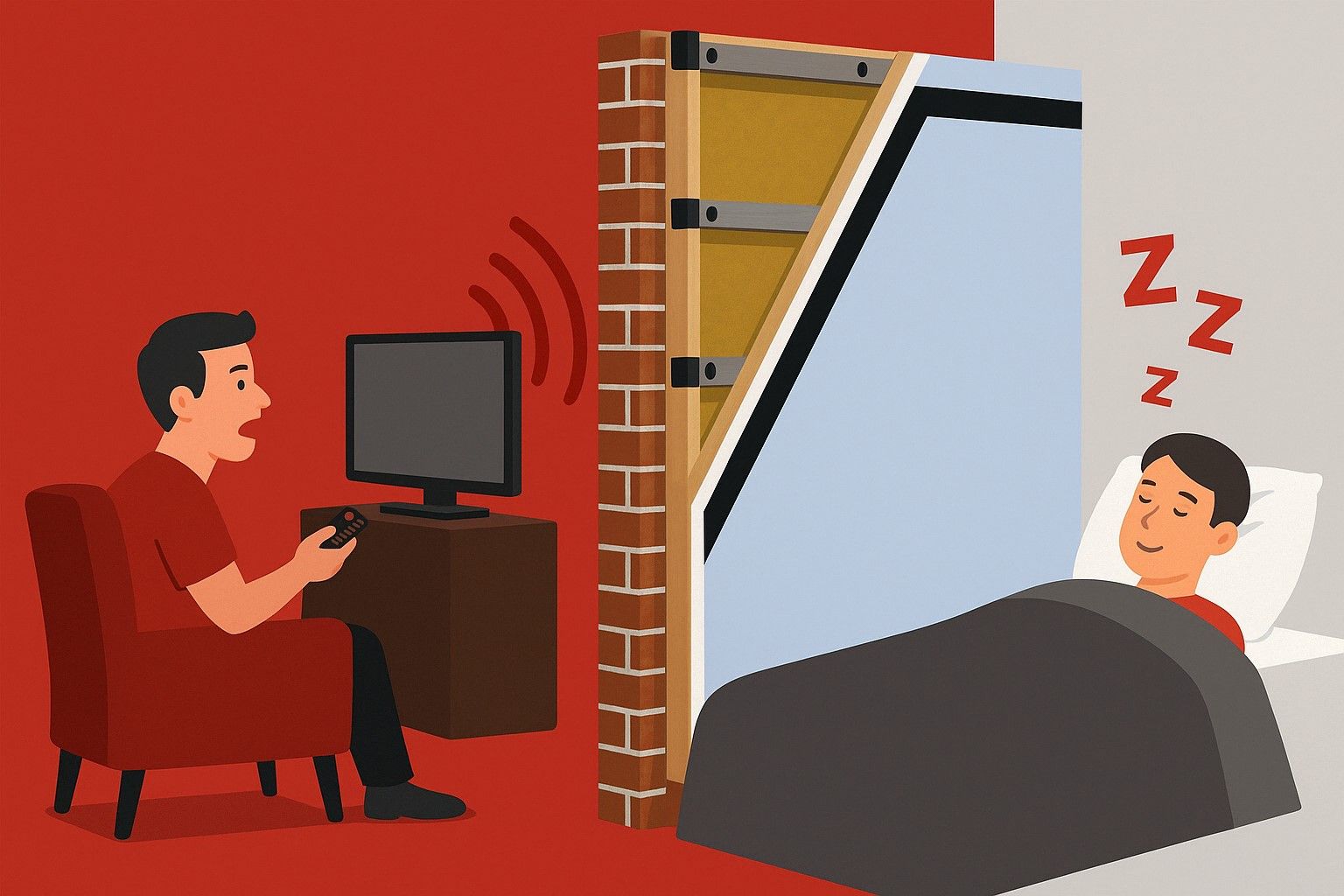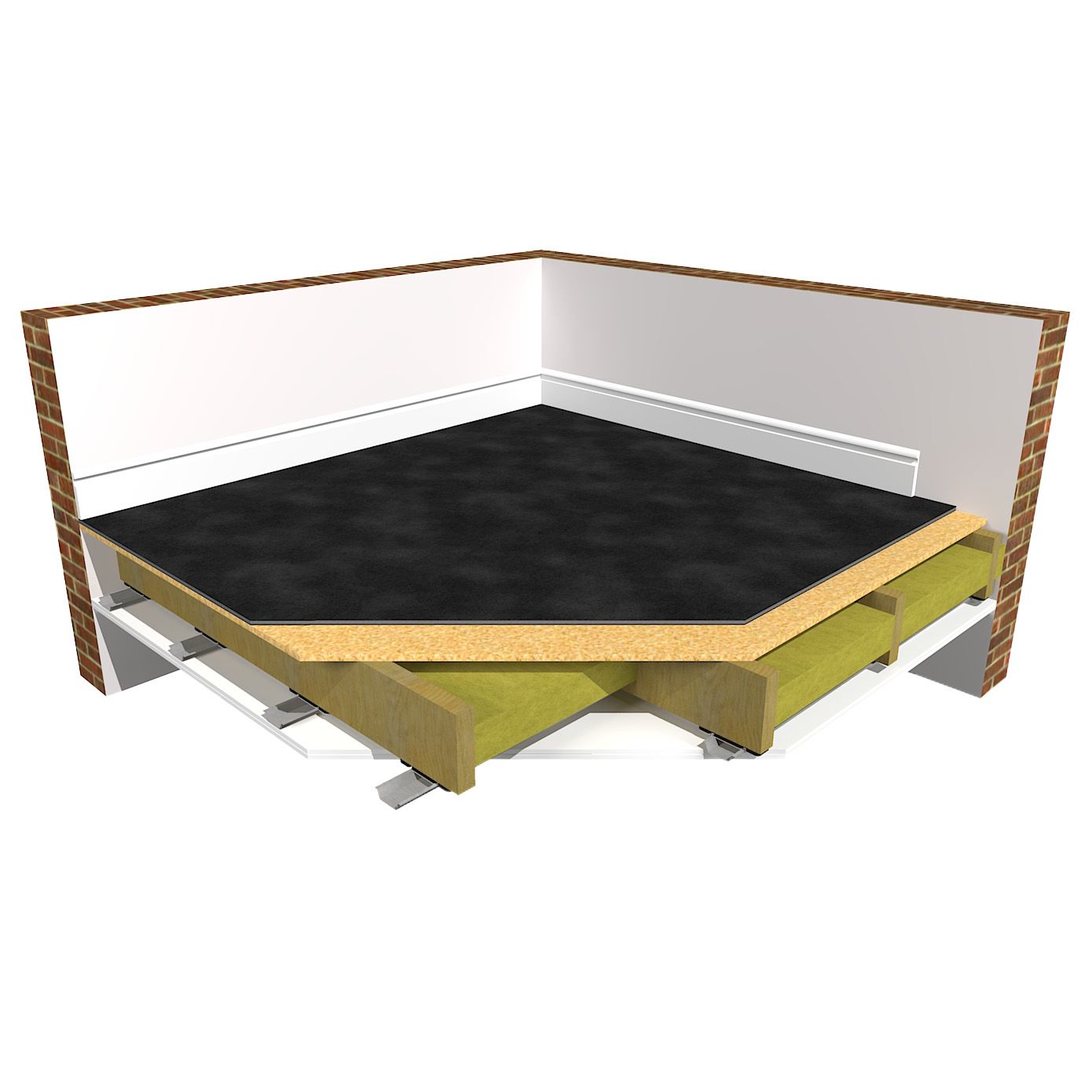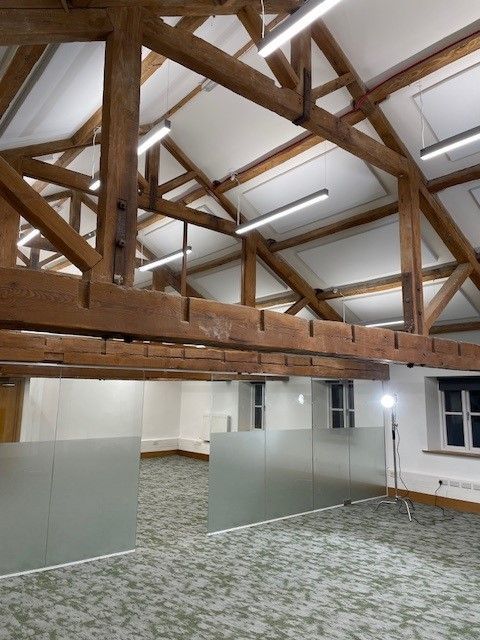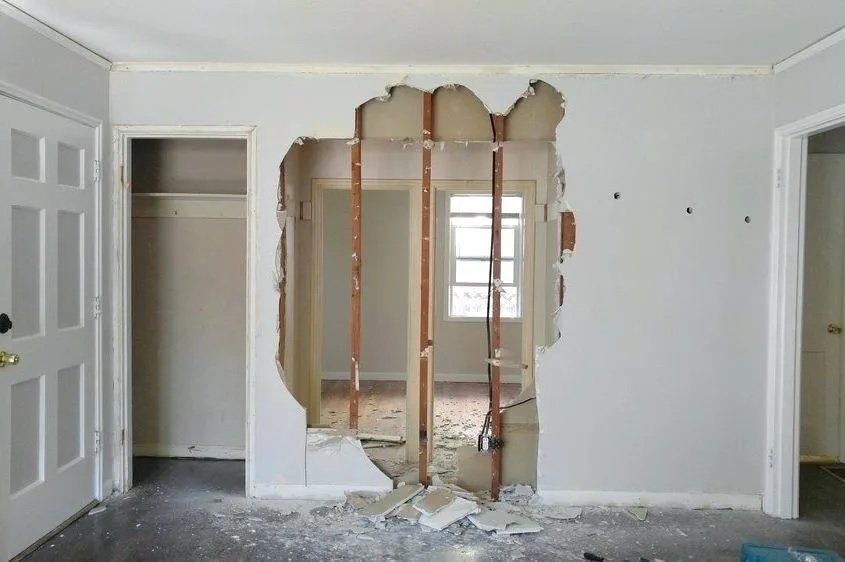How to Soundproof Against External Noise
What do we mean by "External Noise"?
We often get people enquiring about soundproofing against external noise, such as car noise or shouting travelling into their properties.
When focusing on external noise, we would point you towards addressing your windows and doors to start with.
Many people contact us thinking that it is the wall itself that needs soundproofing. However in most cases it is the windows that are the weakest point as external walls are normally constructed of very high mass materials with insulation and normally perform very well for soundproofing.
Even if you have standard double glazing this can often not perform well enough for loud noises. (There is standard double glazing and good quality double glazing).

How to Soundproof a Window
The best way to fix sound issues of this nature would be to upgrade your windows and frames surrounding them. You should consider replacing the window with better performing double or even triple glazed windows. The addition of acoustic glass will make a huge difference to you. If the existing window is already in a good condition and changing to triple glazing is not a option then you can add secondary double gazing, (two sets of double glazing).
Finally, please make sure that all the frames fit the window opening correctly and that there are no small gaps which are sometimes just filled with a small amount of spray foam. This can then be a weak point where all the sound can leak through.
Do Soundproof Curtains work?
We have a number of people contact us about the use of “Soundproof Curtains” or “Blackout Curtains”, and whether we sell them/ if they work. The simple answer is soundproof curtains will only give you a small improvement at best. Therefore, we do not sell curtains, as their performance is not good enough to be called 'soundproofing'.
To successfully soundproof a surface, we must apply the following principles:
- Improve the mass of the surface - This is normally achieved by adding different high mass/density products.
2. Improve the ability of the surface to absorb sound energy and vibrations. Without this, the addition of the mass will have very little impact.
3. Use different materials of high mass. Different materials perform better for different sound frequencies, so using a combination of high mass materials will always perform better than simply using more of the same material.
Another key thing to consider is that sound travels like water, and soundproofing is very much like waterproofing. Therefore it is only as good as its weakest point. With this being the case the entire surface being soundproofed must be completely sealed for it to work, or sound will just leak in through any gaps left. This is simply impractical with curtains as they are designed to open to let light in, and there is always a gap between the curtain and the window.
You are indeed adding mass to an area in front of a window with the view to block sound, but as curtains are hung up usually on a pole they are unlikely to have the high level of mass required to make much of a noticeable difference for louder levels of noise. After all, curtains are expected to be light enough to open and not pull down the pole due to their weight!
Do Window Plugs work?
The answer to this question is very similar to the one regarding curtains.
A window plug can be a permanent, or removable object that sits on the inside of a window. They can make a little bit of difference, but not much and are generally very impractical. This is for a couple of reasons, in more detail:
- Mass blocks sound, and this adds weight, so the heavier a material is the more airborne sound it blocks. Following this principle, anything heavy enough to really make a difference will be difficult for you to lift and put in your window every night and pull out every morning. We generally say our materials need two people to lift them, so in reality this just isn’t practical. Therefore you would need something lightweight, which then won’t add enough mass to block much sound.
- Going back to the waterproofing analogy, soundproofing is only as good as the weakest point. Like waterproofing, you need to make sure everything is sealed and airtight, or the sound will just leak through the gaps. If you are wanting a plug to pull in and out regularly, it would not be properly sealed.
Next time you hear noise, do a quick ear test and compare the noise coming through your closed window, then place your ear near a point on the wall away from the window and see what the difference is.
Your Next Steps
Windows are not something that we specialise in. In our honest opinion we would recommend speaking to a glazing company and changing your windows for acoustic glazing and if possible even put in secondary glazing too, (as this is sealed and would greatly improve sound reduction). Aesthetically it would also look much better and keep your natural light, whilst still complying with safety and fire regulations etc. You will spend your money on a solution which will work far better!
Our blog on how to soundproof doors may also be of some use to you.
You are more than welcome to have a go at making / designing your own plug, feel free to browse the website for high mass materials. Below are a couple of suggestions for you:
You could then combine that with acoustic mineral wool on the inside (against the window) so that you don’t create a cavity for sound to resonate in.
Share
"We don’t expect you to become an overnight expert in soundproofing, that’s what we’re here for."
